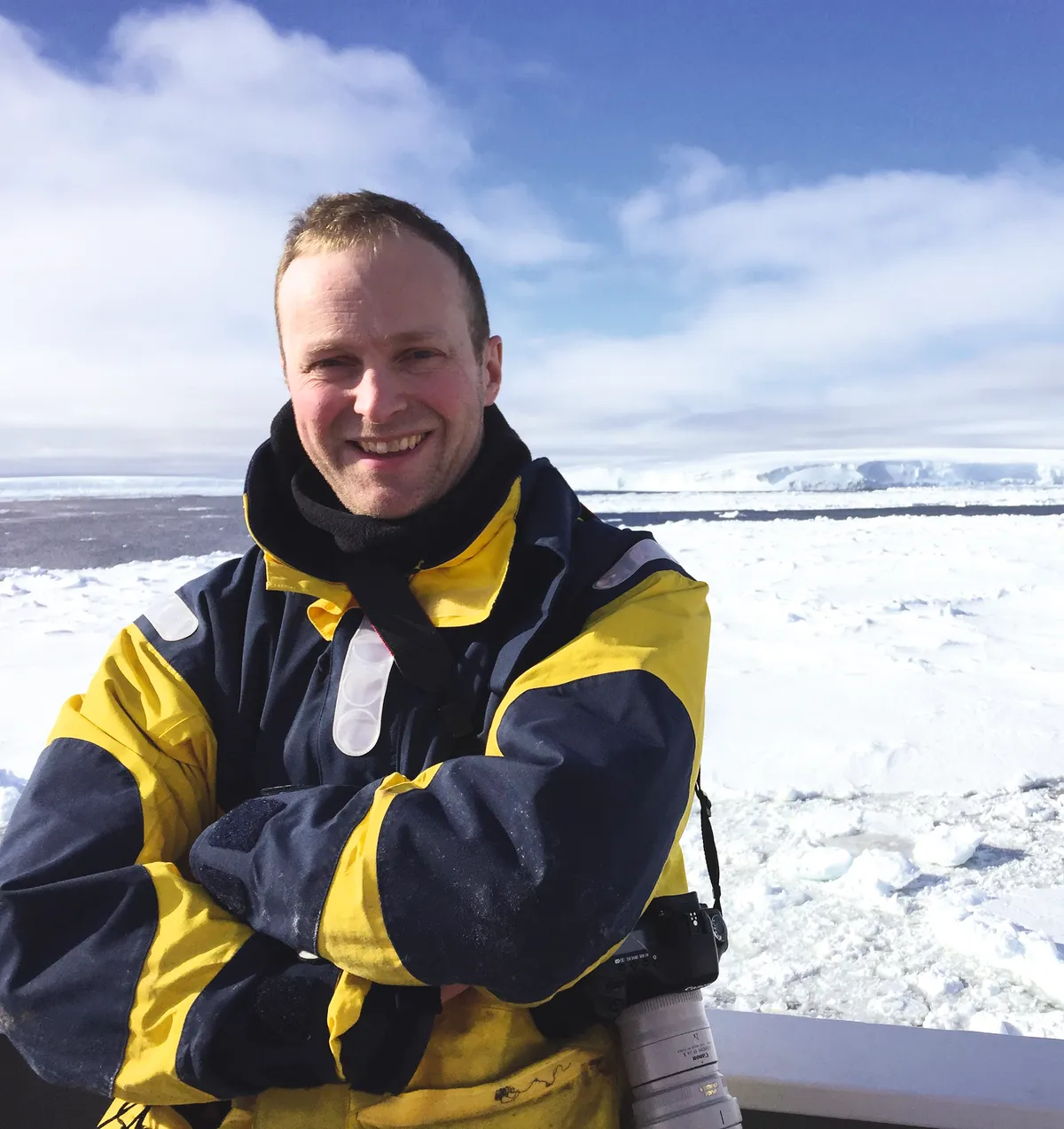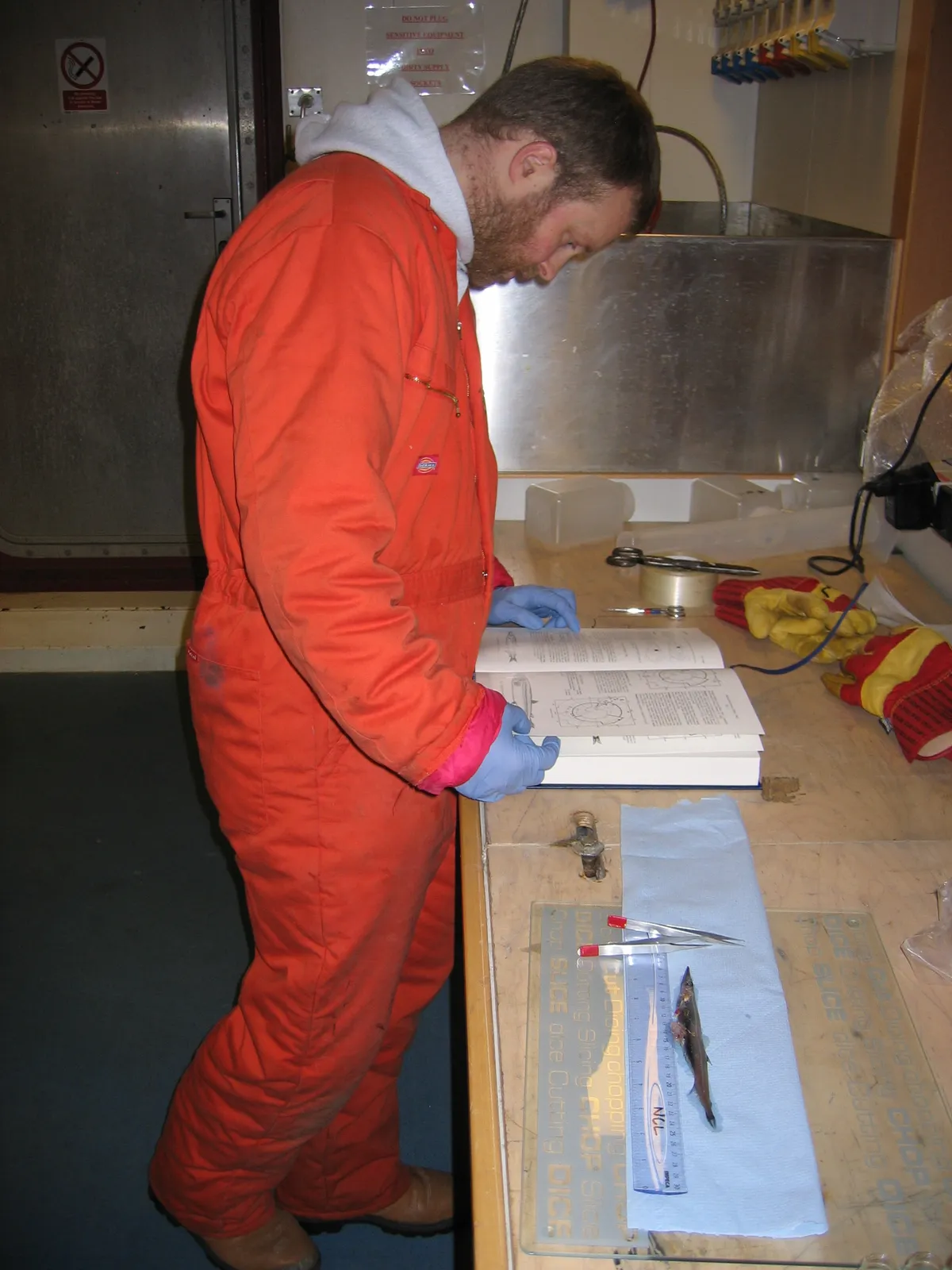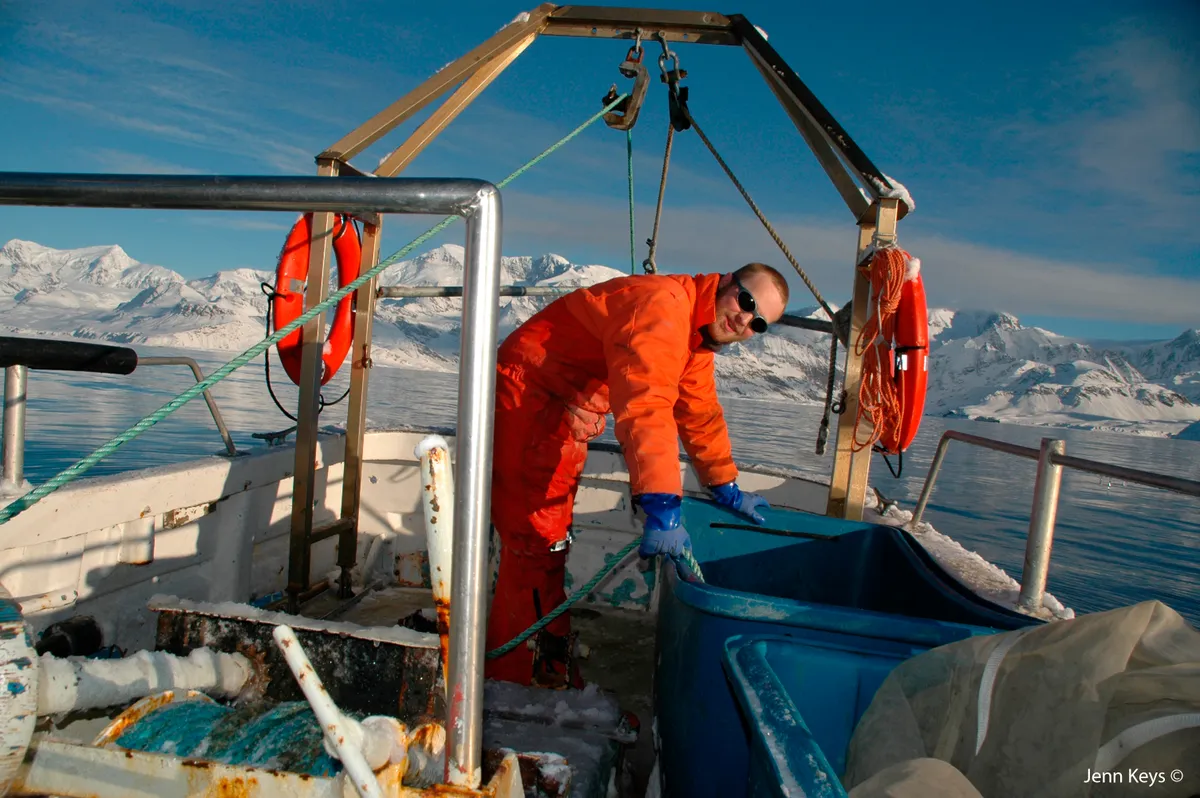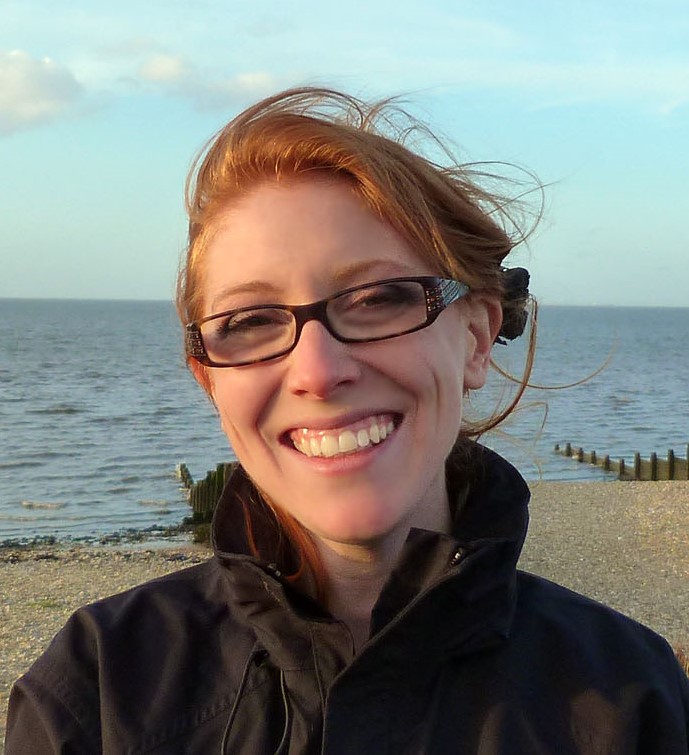As with many biologists, Will’s inspiration began with a man with whom we are all familiar: David Attenborough. After watching Life in the Freezer as a teenager, Will became fascinated with the waters around the Antarctic. He yearned to explore this environment, so decided to study marine biology at university.
This gave him the opportunity to work on video footage of Antarctic fish and crabs, while giving him his first glimpse into the deep sea.
After years of study and work on boats and in remote field stations, Will is now a research associate at Newcastle University. He studies the deep sea and Antarctic, and is increasingly conscious about how humans affect these fragile areas.

Why study life that lurks in these places and what connection do we have to them? Will explains that while we may never see the life forms in these areas, they are important to us because they affect marine food webs.
“The deep sea and Antarctic will be impacted by climate change and human activity. This will have knock-on effects on phytoplankton in surface waters, which in turn will influence food supply for animals in those habitats – potentially changing entire food webs.”

We’ve all heard the depressing news about plastics entering our oceans. Will has seen this at first hand: “We are now finding microplastics in the stomachs of animals living at some of the deepest locations on the planet including those found in the Pacific Ocean’s Mariana Trench.” Plastic is a growing problem in our oceans and one of the places where it will accumulate is in the deep sea.
Life forms in the deep, dark ocean or in freezing seas are important to us.
There are other threats too. Deep sea mining may occur in areas where the seafloor is rich in metal. “These metals are found as nodules or in chimney structures called hydrothermal vents which are scattered across the seafloor,” explains Will. “They can be harvested by underwater machines which break or scoop them off the seafloor. This process results in sediment being mixed into the water column, which could negatively impact on the animals living in these areas.”

Will’s passion for nature drives his work. He reflects on how his own research can help to conserve these hidden worlds.
“The Antarctic and deep sea are fragile ecosystems and are important for sustaining life on Earth. This means that they really need to be protected from the impacts of climate change and human activity. I hope my work will help inform the people with responsibility over them to make good decisions about protecting these areas for the future.”

